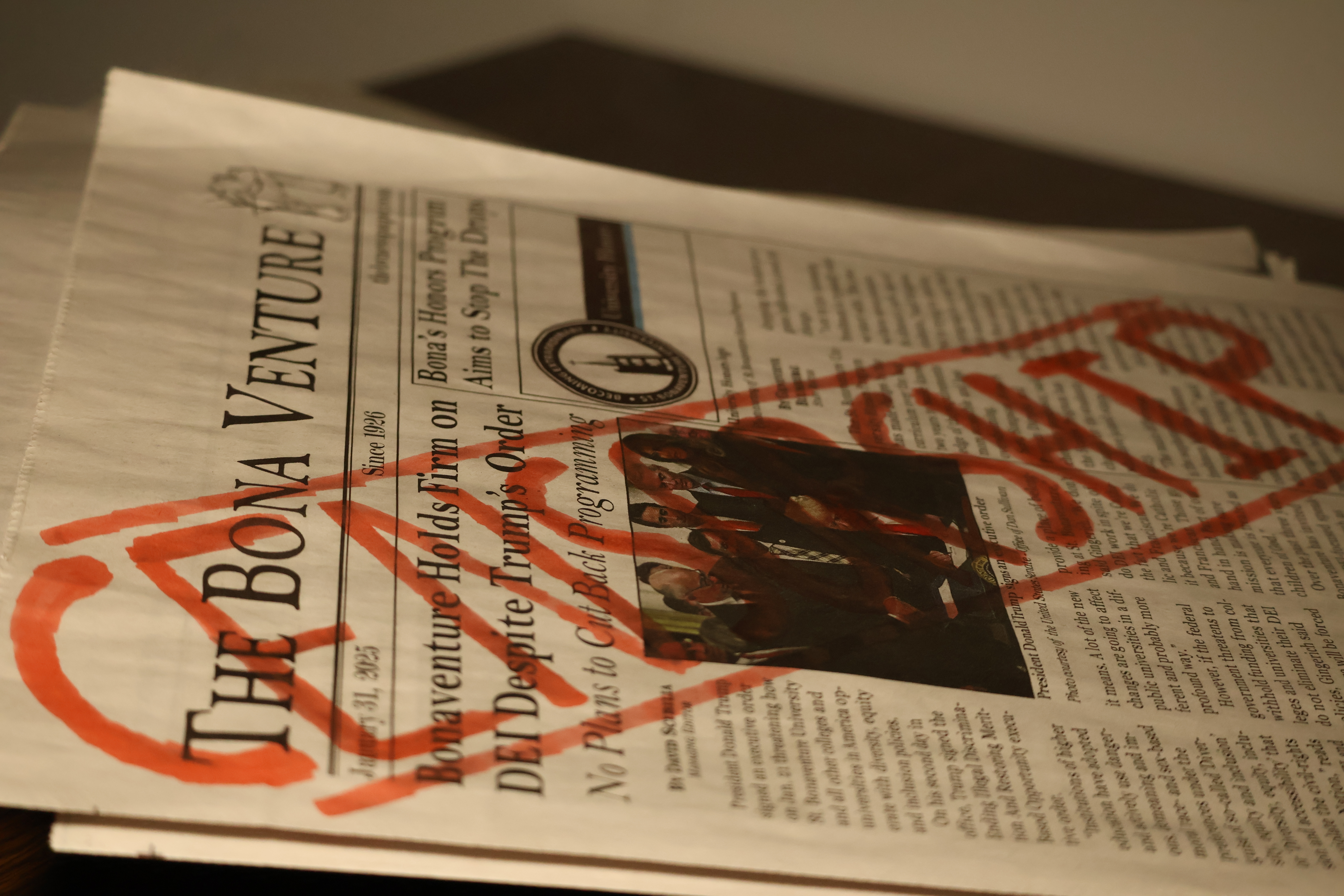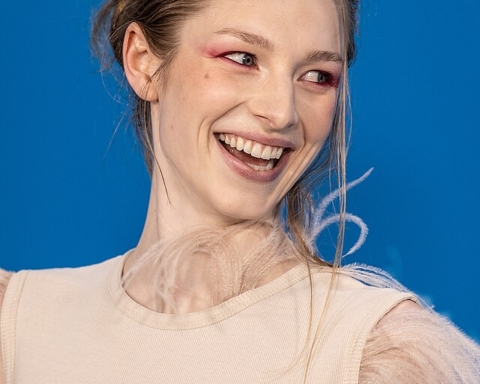After producing Barbie dolls for 57 years, Mattel decided that its dolls should begin to model the body types of real women rather than the ‘ideal body type’ that is only obtainable by a nice pair of genes and a lot of time spent in the gym. Barbie strives to represent the ideal woman in today’s society, often bringing gender stereotypes with her—some including the idealized image of female beauty and fashion, women’s occupations and place in the household and in society.
The Barbies of 2016 will come in four different sizes: original, tall, petite and curvy. Along with this, Mattel has introduced seven different skin tones, 22 eye colors, 24 hairstyles and more modern, trendy fashion.
In years past, the company has come under fire for failing to promote a healthy body image in young girls; this facelift aims to change the bad press it has received in the past. The company hopes to show girls that all body types are good by allowing young girls to play with dolls that look more similar to the real women in their lives.
However, no matter how hard Barbie tries, she will always receive criticism. One writer criticized Barbie for not emphasizing women’s presence in traditionally male dominated jobs such as doctors, astronauts and sanitation specialists. But is this really Barbie’s role in the life of a young child?
Both young girls and young boys need to be encouraged to break the gender barriers set in front of them. If a young girl is interested in mechanics or playing football, she should not be discouraged in pursuing those passions. Likewise, young boys should be able to take interest in dance or parenting from a young age. But this is not Barbies lesson to teach. Barbie is not about professional attire and the 9-5 job, it is about adventure and imagination.
When I was young, my Barbie did a variety of things, regardless of whether or not she had the wardrobe to match. Her favorite things to do were work at McDonald’s, ride horses and go to the beach in her VW Bug with Ken and Skipper. My Barbie’s favorite pastimes really had no bearing on what I was interested in doing with my life then or now. It was simply fun to imagine a world where you could do whatever seemed cool at the time.
It is not Mattel’s responsibility to get children’s sights set on high level jobs because children are going to imagine their Barbies to be whatever they want them to be. But don’t fear, just because a child is imagining his or her Barbie as one thing does not mean that is what the child hopes for his or herself.
However, if parents are concerned that their daughters are subliminally being told they do not belong in traditionally male dominated careers then the parents need to parent instead of passing the blame.
Parents need to step in and help their children step outside gender norms. Let your daughters help you build things, tell them they can play hockey and motivate them to be leaders. Give your sons your full support when they fancy themselves an artist, let them help in the kitchen and don’t discourage them from sharing their feelings.
My parents fully backed me in any sport I wished to pursue. Throughout childhood I did a variety of sports, including baseball. I initially had wanted to play softball, but the softball team in my hometown was highly competitive and since I was scared of the ball, my parents looked into a softball team a town over. With only two girls signed up for the season, softball was a no-go and my dad registered me for the baseball team instead. I had never realized that I was able to play baseball until I asked my parents if I could play softball.
Just because your kids are not challenging gender norms does not mean they are afraid to. Your adorable little girl might not even realize that she can play football if she wants to, and your son might not know that gymnastics is an option for him. That’s why parents need to be the change rather than relying on Barbie to be the champion for women’s perception of themselves. Positive reinforcement from parents regarding children’s interests and self-worth will without a doubt carry more weight in the long run than Barbie ever can.
Alexis Young is a staff writer for the Bona Venture.
Her email is Youngam13@bonaventure.edu








